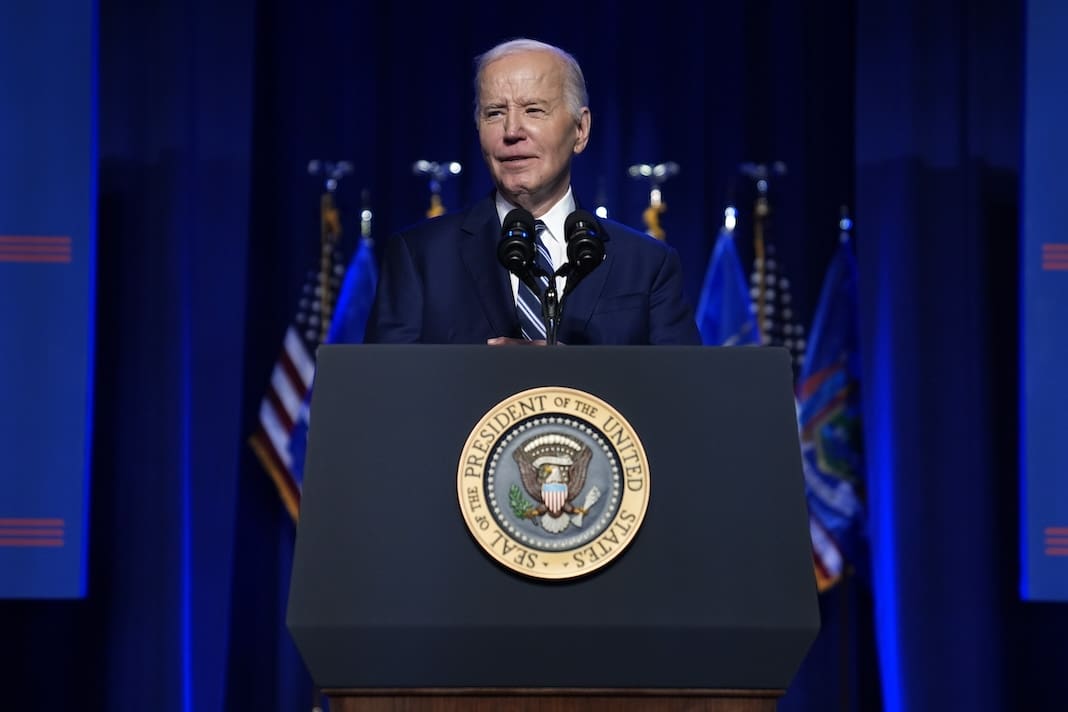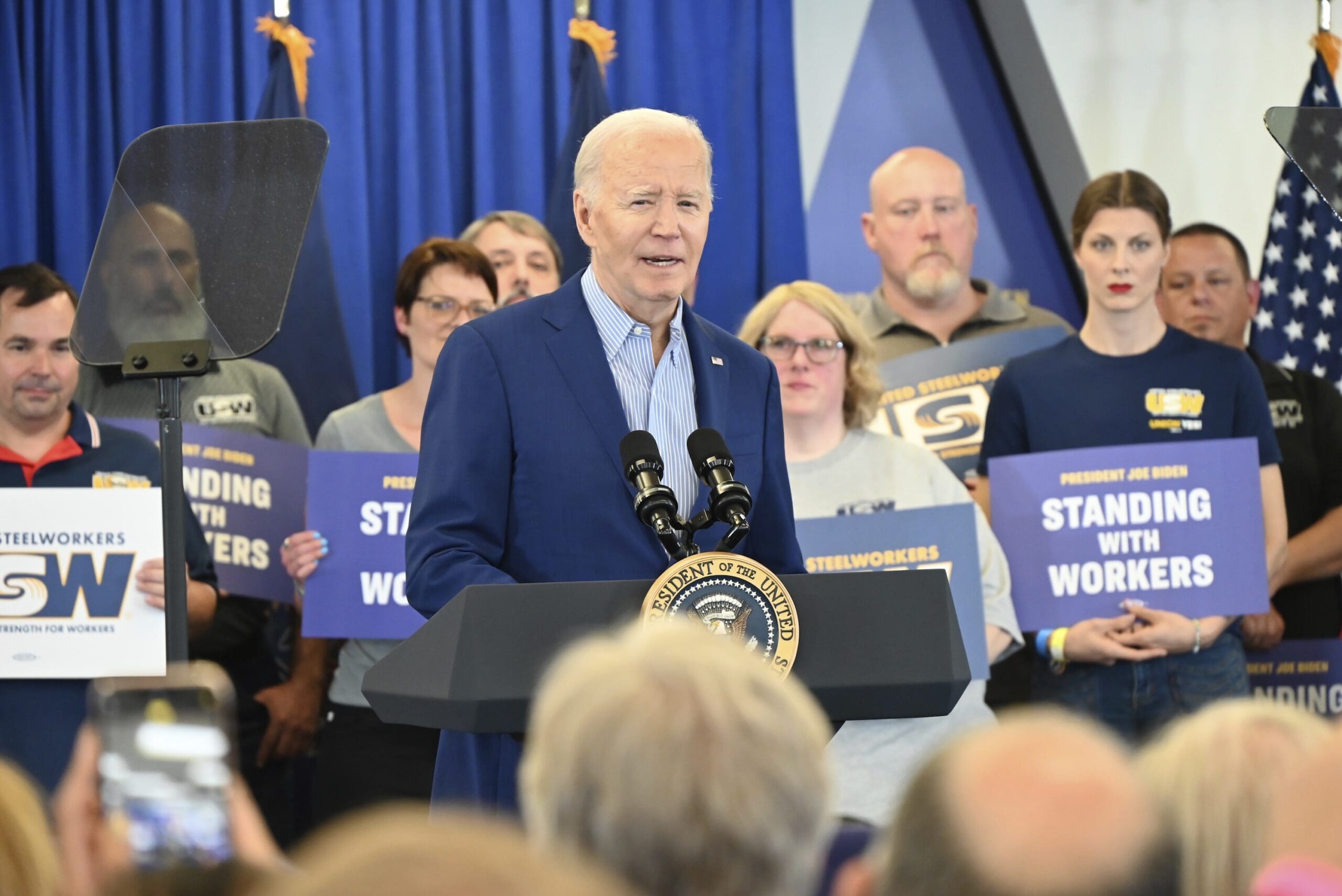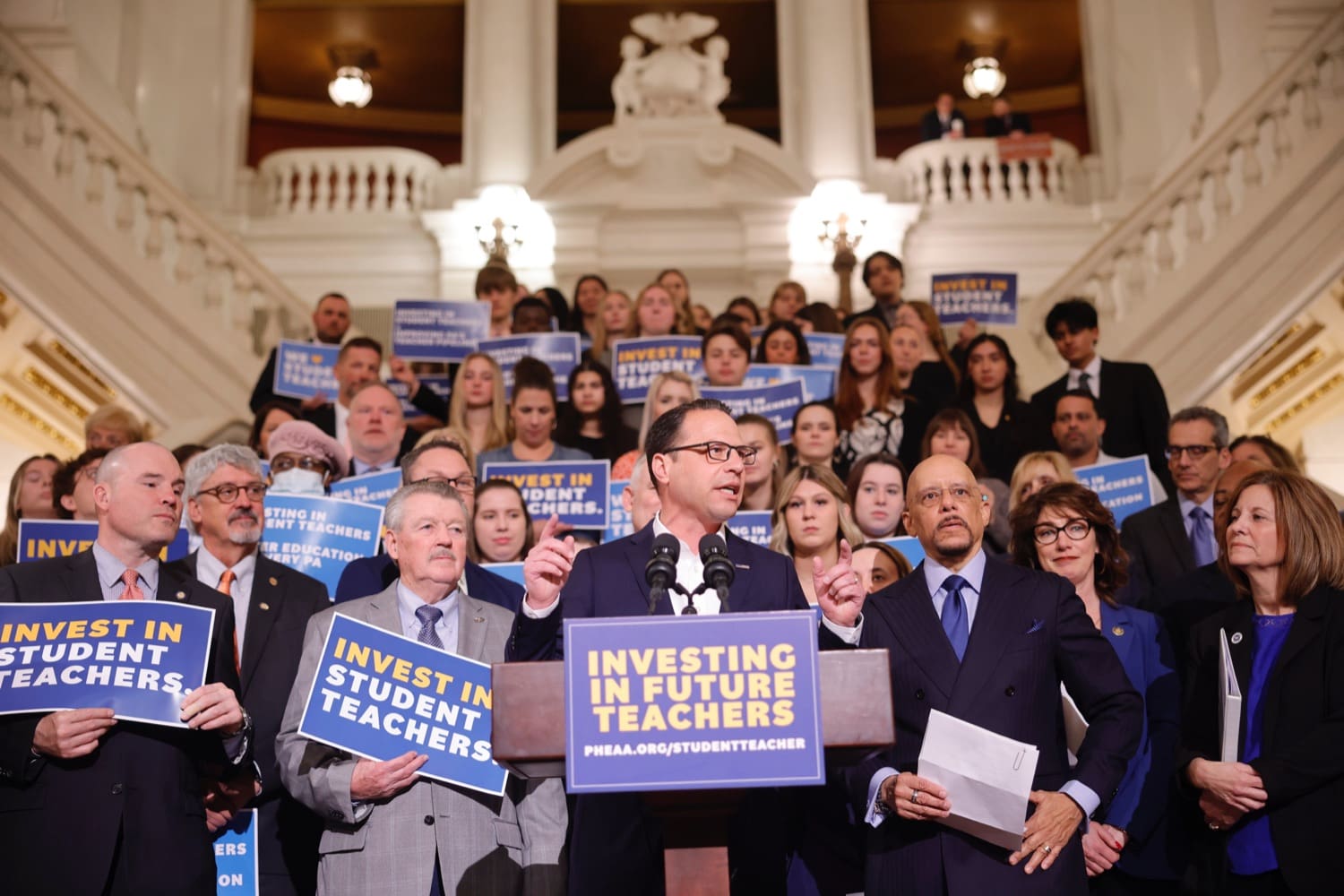Wage growth outpaces inflation in December
The December jobs report surpassed economists’ predictions.

The U.S. economy added 216,000 jobs in December, surpassing economists’ expectations and bringing the total number of jobs added in 2023 to 2.7 million, according to the Bureau of Labor Statistics.
Economists had predicted that the economy would add just 170,000 jobs in December and that the unemployment rate would tick up to 3.8%, according to CNBC. However, Friday’s jobs report blew that expectation out of the water, with 46,000 more jobs created than expected and unemployment remaining at 3.7%.
Aside from the top-line jobs numbers, BLS data showed that wage growth is outpacing inflation, a positive sign for the economy as it gives Americans more purchasing power.
“Another month, another very good jobs report,” Mark Zandi, the chief economist for Moody’s Analytics, tweeted. “The economy continues to create lots of jobs, and unemployment remains steadfastly low. And slowing job growth, fewer hours, and cuts to temp employment suggest the economy is steadily cooling, and inflation will continue to moderate.”
The jobs report, the final of 2023, shows the economy did not slide into recession as many were predicting when the year began.
“Another month, another jobs report that continues to silence economic naysayers,” Rep. Richard Neal (D-MA), ranking member of the House Ways and Means Committee, tweeted. “December’s report caps off a remarkable year, with 2.7 million new jobs created in 2023, bringing the total number of jobs created under @POTUS to more than 14.7 million.”
President Joe Biden celebrated the jobs report, saying in a statement: “Strong job creation continued even as inflation fell to the pre-pandemic level of 2% over the last six months, and key prices have fallen over the last year — for a gallon of gas, a gallon of milk, toys, appliances, car rentals, and airline fares. American workers’ wages and wealth are higher now than before the pandemic began, adjusting for inflation.”




